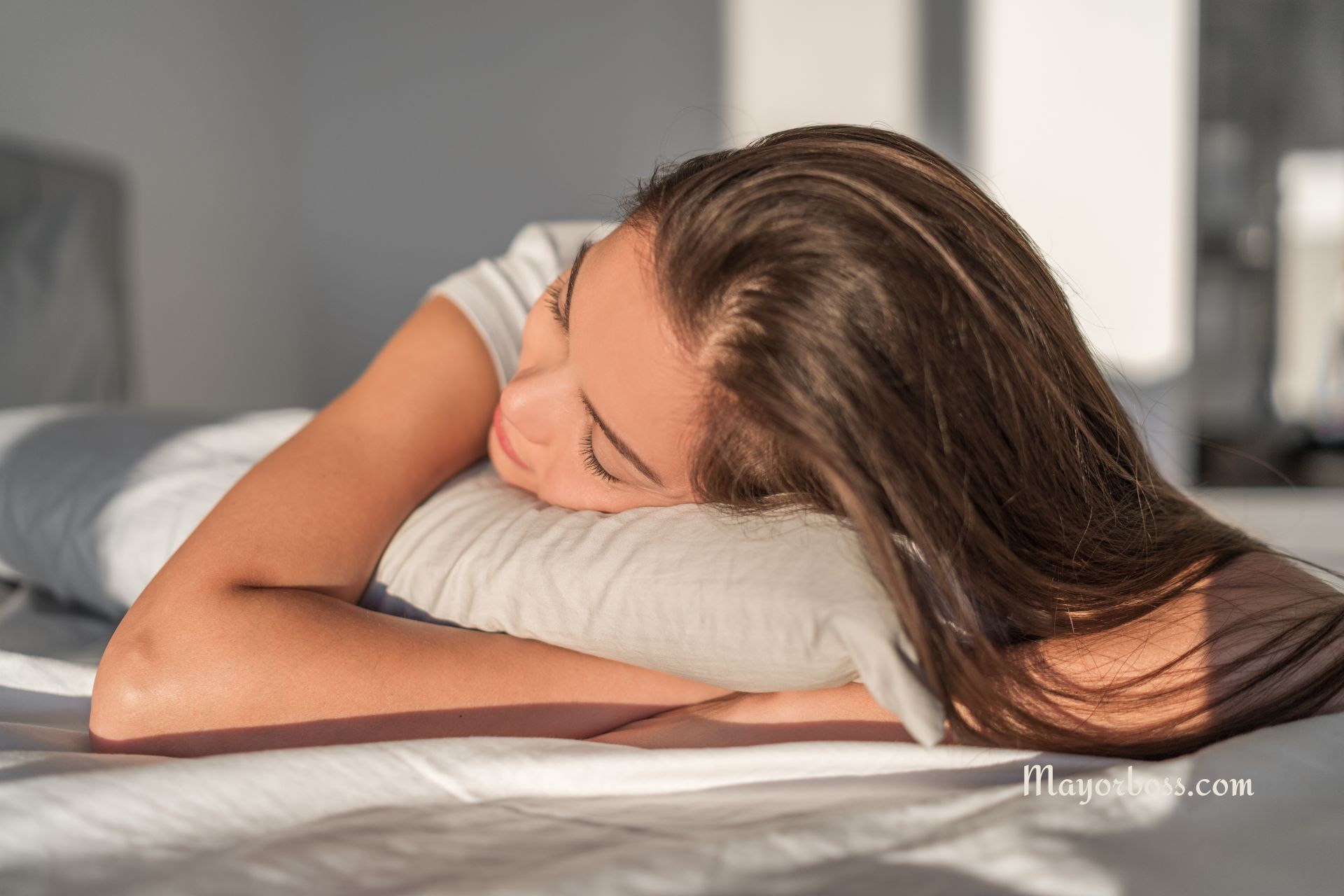Why You Shouldn’t Sleep With Wet Hair
Have you ever gone to bed with wet hair, thinking it’s just a quick way to skip the blow-drying routine? It might save you some time in the evening, but sleeping with wet hair can lead to a handful of problems you might not have considered. From the health of your scalp to the quality of your hair, there are several reasons why you should reconsider this habit. Let’s break down the reasons why it’s better to ensure your hair is dry before you hit the pillow.

Here Is Why You Need To Stop Going To Bed With Wet Hair
Headaches
Sleeping with wet hair can also trigger headaches. Studies suggest that the change in temperature and moisture on your scalp may lead to tension headaches or even migraines in those who are susceptible. To reduce your risk of waking up with a pounding head, it’s best to dry your hair fully before sleep.
Damage and Breakage
When your hair is wet, it’s at its most vulnerable. The strands swell and become more elastic, which means they’re more prone to breakage. Tossing and turning at night creates friction between your hair and the pillow, leading to more damage. So, if you’re wondering why you’re experiencing more hair breakage despite taking good care of it, sleeping with wet hair might be the culprit.
Tangling and Matting
Moreover, wet hair tends to tangle and knot much easier than dry hair. You might wake up with a bird’s nest on your head, leading to a painful and frustrating detangling process in the morning. This not only wastes time but can also cause more hair to fall out as you’re trying to comb through the knots.
Fungal Infections
A moist environment is a breeding ground for fungi and bacteria. Your warm, wet scalp can become the perfect place for these microorganisms to thrive, potentially leading to fungal infections. Such conditions can be itchy and uncomfortable and even lead to more serious scalp issues.
Dandruff
Similarly, sleeping with wet hair can exacerbate dandruff or seborrheic dermatitis. The scalp’s prolonged exposure to moisture disrupts its natural balance, making it more prone to flaking and itchiness.
Hypothermia
Although it might sound extreme, lying in bed with wet hair can lower your body temperature. Especially in colder months, this can lead to unnecessary chills and, in some cases, even mild hypothermia if your room is particularly cold.
Stiff Neck
Sleeping in damp conditions can also lead to muscle stiffness, particularly around the neck and shoulders. The moisture can cause a slight chill that leads to muscular discomfort, impacting your sleep quality and how you feel the next day.
How to Avoid These Problems
Ensuring your hair is dry before bedtime is key. If you’re in a rush or prefer not to use a hairdryer, consider these tips:
- Use a microfiber towel to gently press out excess water from your hair. These towels are more absorbent and reduce friction, minimizing damage.
- Allow your hair to air dry for a while before you go to bed. Even if it’s slightly damp, it’s better than completely wet.
- If you must use a hairdryer, opt for the cool setting to avoid heat damage.
Frequently Asked Questions
1. Can sleeping with wet hair make you sick?
While wet hair in itself won’t make you catch a cold or the flu, it can lower your body temperature. If your immune system is already compromised, this could potentially make you more susceptible to getting sick.
2. What if I shower at night and don’t have time to dry my hair?
If night showers are your routine, try showering earlier in the evening to give your hair more time to air dry. Alternatively, using a blow dryer on a low or cool setting can speed up the process without causing too much damage.
3. Are there any hair types that are more at risk when sleeping with wet hair?
All hair types can be affected, but those with fine or fragile hair might notice more breakage. People with curly or textured hair might experience significant tangling and matting.
